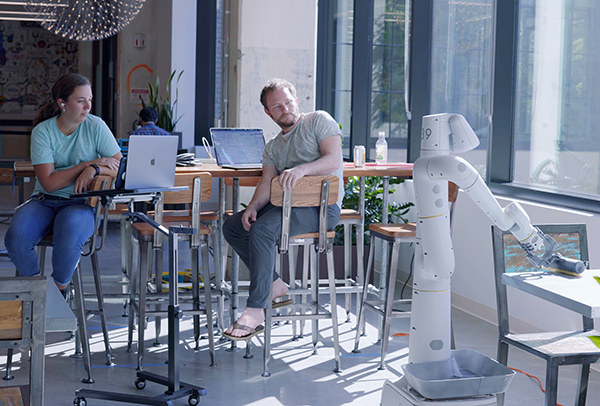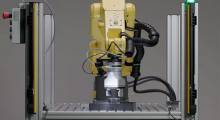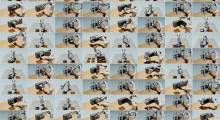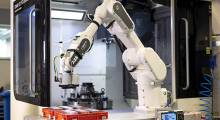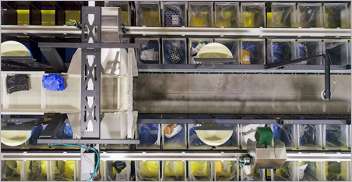Household and other general-purpose robots may seem far away, but progress is being made. Everyday Robots yesterday announced that it is spinning out of X Development LLC, Alphabet Inc.'s “moonshot factory.”
“For the last several years, my team and I have been working to see if it’s possible to teach robots to perform useful tasks in the messy, unstructured spaces of our everyday lives,” said Hans-Peter Brøndmo, general manager of The Everyday Robot Project at X, in a blog post. “We imagine a world where robots work alongside us, making everyday tasks — like sorting trash, wiping tables in cafes, or tidying chairs in meeting rooms — easier.”
“In a more distant future, we imagine our robots helping us in a myriad of ways, like enabling older people to maintain their independence for longer,” he wrote. “While our imagined world is still a long way off, results from our recent experiments suggest that we may just be on track to one day make this future a reality.”
Google Inc. acquired several robotics companies in 2013 and created Google X. In 2015, Alphabet became the parent company of both Google and X, as well as autonomous driving developer Waymo LLC.
Generalizing lessons
The X project researchers said they have applied algorithms and learnings to enable robots to generalize from one task, such as opening a door, to another task like pushing a chair.
This could lead to robots that can sort trash, wipe tables with a squeegee, and grasp both cups and door handles, said Brøndmo.
“Back in the 1980s, roboticist and AI luminary Hans Moravec observed that while it’s easy to train computers to do things that humans find hard, like play chess or do advanced mathematics, training them to do the stuff humans find easy, like walking or recognising and interacting with objects around them, is incredibly challenging,” he said. “Often summarised as 'The hard things are easy, and the easy things are hard,' this adage remains true decades later. Recent breakthroughs in machine learning, however, are slowly helping change this.”
Brøndmo said his team is working to enable robots to function in unstructured environments with a combination of cameras, sensors, and machine learning techniques including reinforcement learning, collaborative learning, and learning from demonstration.
By combining these with training in simulation, complex tasks such as grasping small objects or opening doors have improved from a 75% success rate to a 90% success rate, he said.
Brøndmo noted Everyday Robots already has more than 100 robot prototypes autonomously performing tasks around its office and at a few Google cafes in the San Francisco Bay Area.
'Moonshot' moves out and onward
Everyday Robots has launched a new Web site and noted that it is gradually moving out of X's rapid prototyping environment and expanding its pilots in Mountain View, Calif. It plans to eventually expand both tasks and locations.
“After six years of incubating their technology at X, the Everyday Robots team is moving out of the lab,” said Astro Teller, captain of moonshots at X. “The team has made exciting technical progress towards their moonshot of creating a general-purpose learning robot, but they still have core technical work to do and some 'Can this really work?' questions to explore. We’re excited about their progress and look forward to cheering them on.”
On the industrial side, X in July announced Intrinsic, an Alphabet unit developing software intended to make robots easier to use, cheaper, and more flexible.
“Building cool robot technology is not an end in itself,” said Brøndmo. “We hope to create robots that are as useful in our physical lives as computers have been in our digital lives and believe that robots hold enormous potential to be tools that will help us find new solutions to some of the biggest challenges facing the world – from finding new ways to live more sustainably, to caring for loved ones.”
“But that is still far ahead of us,” he added. “For now, we’re focused on teaching the robots new tasks and making sure they don’t get stuck in the corridor on their way to help us out.”
About the Author
Follow Robotics 24/7 on Linkedin
Article topics
Email Sign Up

